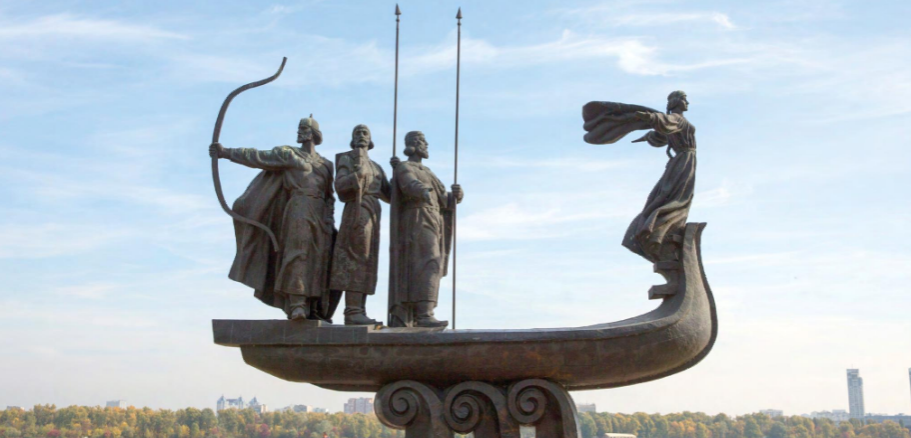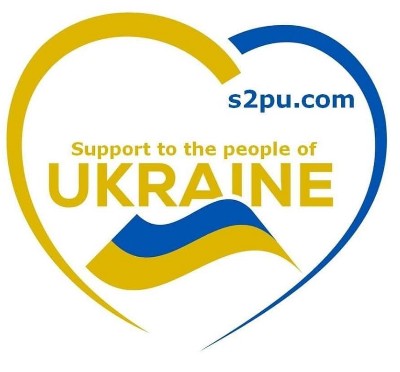 This monument i Kyiv shows the ties between Scandinavia and The early medieval Kyiv Rus state.
This monument i Kyiv shows the ties between Scandinavia and The early medieval Kyiv Rus state. According to most official histories, the great medieval state of Kyiv Rus was founded by a group of Viking trader-adventurers who were invited to bring law and order to the potentially prosperous but disordered and chaotic lands of far eastern Europe. These Viking state-builders are believed to have originally come from Sweden, which would make the Swedes the first expat managers in Ukrainian history and a very early precursor of today’s EU assistance programmes and foreign-born ministerial appointments. The alleged connections between medieval Ukraine and Viking Sweden certainly make for an intriguing tale, but how much of it is true?
The Norse Vikings rowed their long ships deep into the rivers of Central and Eastern Europe; pushing up the Volga, the Dnieper, the Volkhov and the Neva rivers, among others. Using rivers and lakes connected to the Volga, these Vikings traded as far as Iran. On a separate route on the Dnieper River, the Vikings traveled as far as Greece.
‘Rus’ may itself derive from the Old Norse word meaning ‘the men who row’. One Frankish chronicle from the same ninth century period goes even further, referring to a ‘Rus’ presence in the region which is specifically said to have come from modern-day Sweden.
Meanwhile, in Sweden itself, discoveries of Kyiv Rus jewelry and household items point to the extent to which the norse warriors and traders of the time where connected to the lands of modern-day Ukraine.
The exact role of the norse Vikings in the creation of the Kyiv Rus state remains the subject of a debate that will probably never be satisfactorily resolved. With Ukraine, Russia and Belarus all laying claim to the legacy of the Kyiv Rus civilization, long-standing claims that European outsiders were the principle state-builders during this formative period have gained renewed political potency. Nevertheless, there is no doubting the fact that the ties binding Scandinavia and Ukraine are profound and stretch back for over a thousand years.
They were called the Varangians by the Greeks and Eastern Slavs. The Finns called them the Rus‘ which meant “men who row.” In 862 the Viking chieftain Rurik captured Kiev, a Slavic village on the Dnieper and made it his capital. The kindom he established became known as the “land of the Rus’.” (Later, 19th century historians would dub the kingdom the “Kievan Rus.”)


Comments powered by CComment